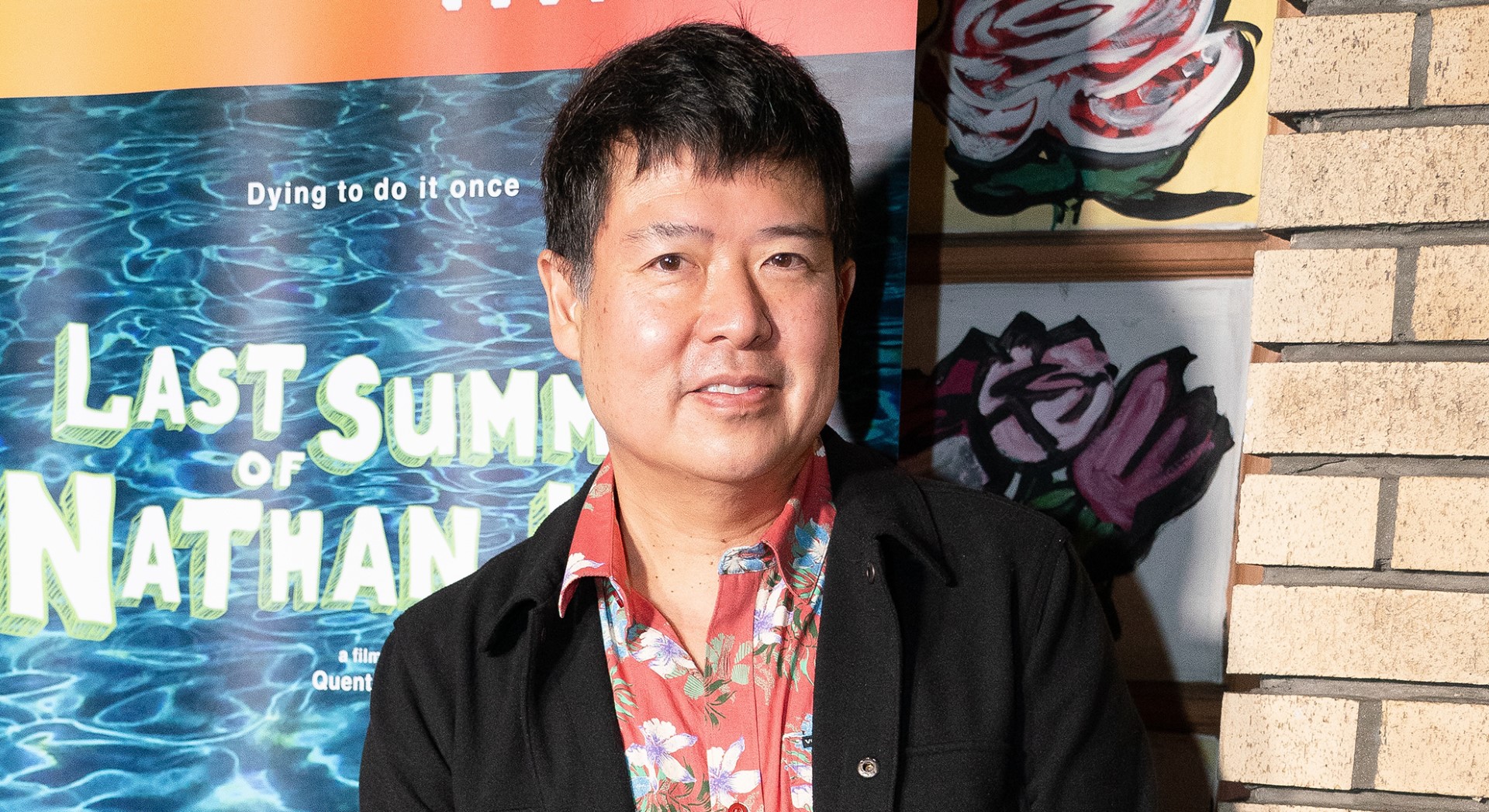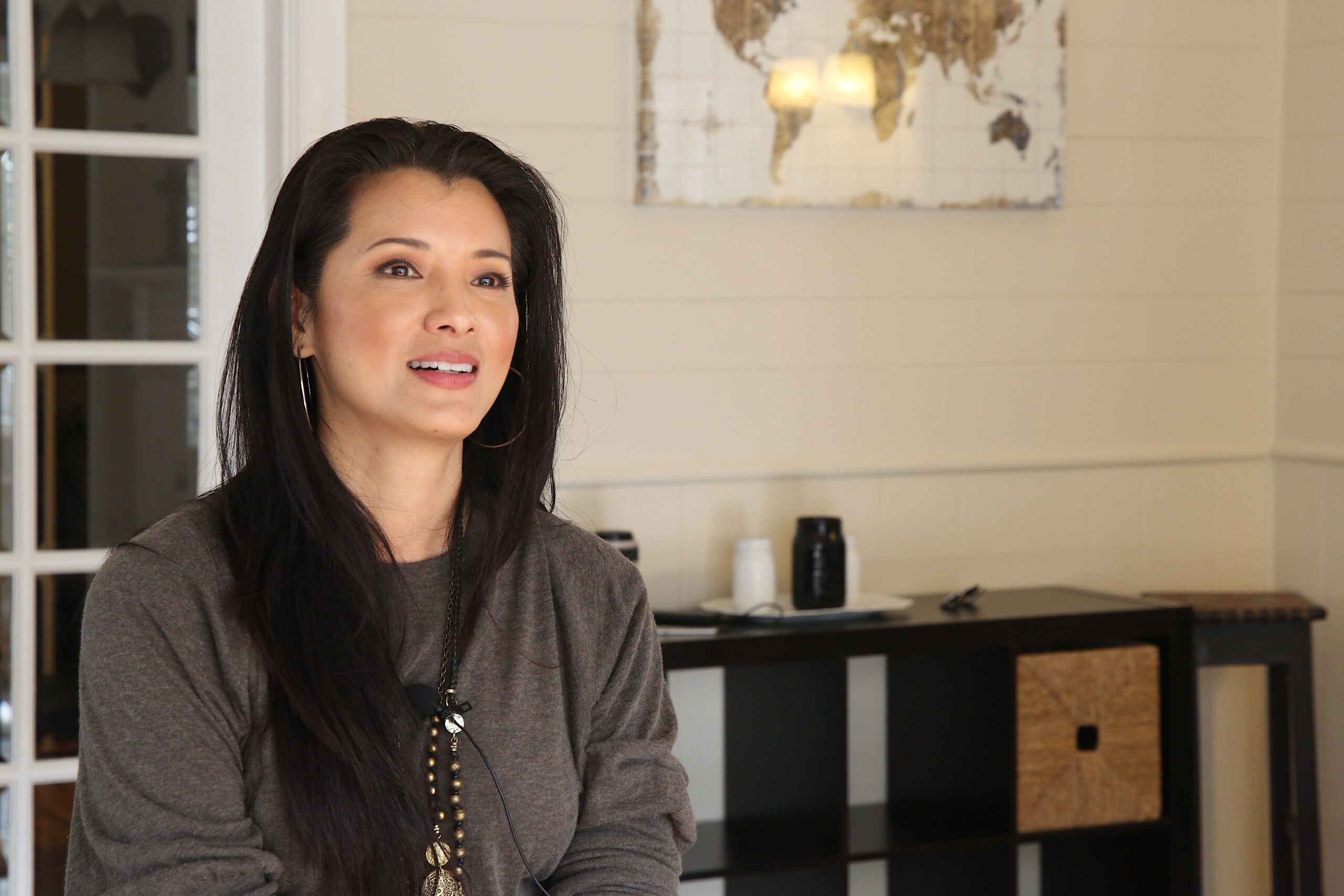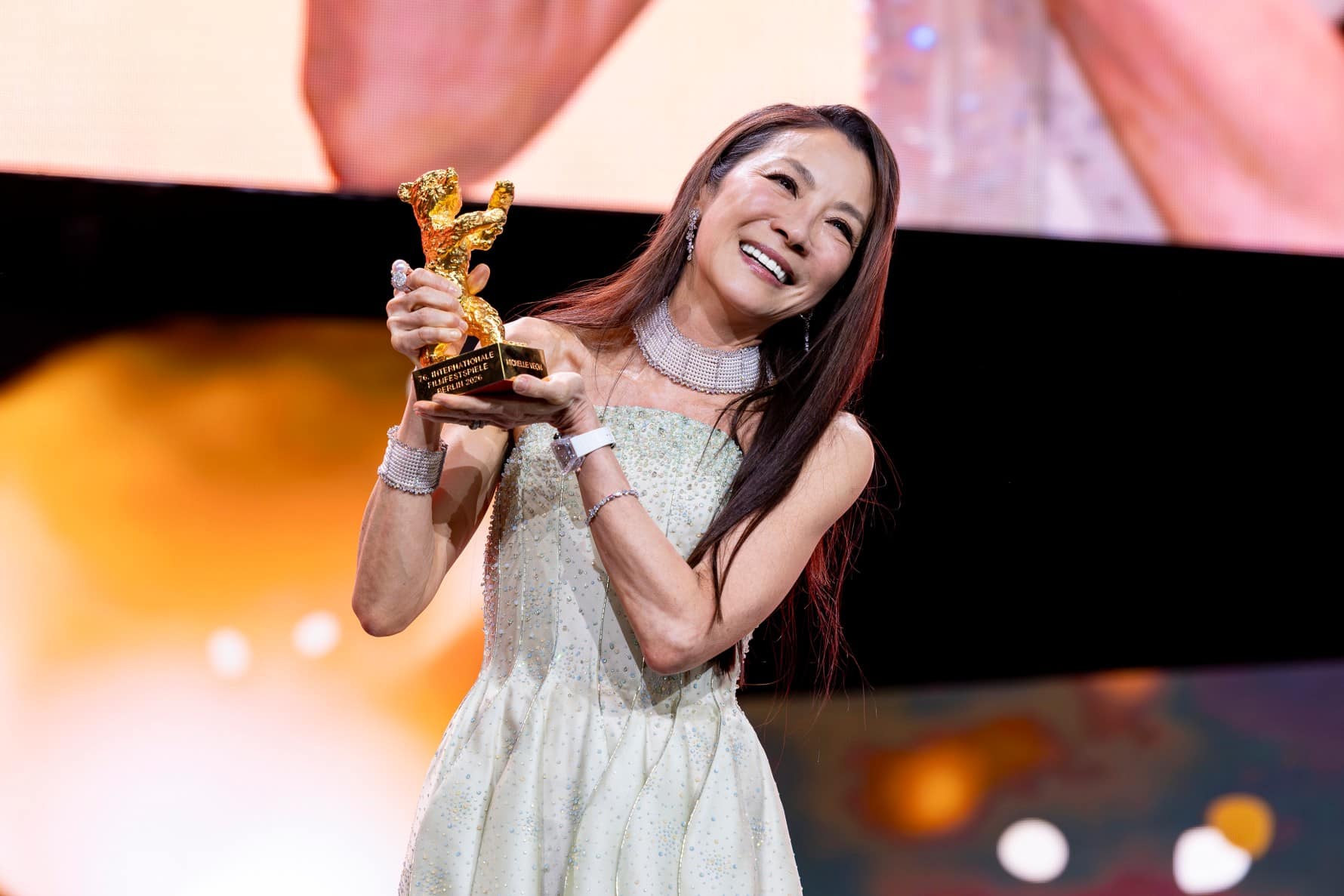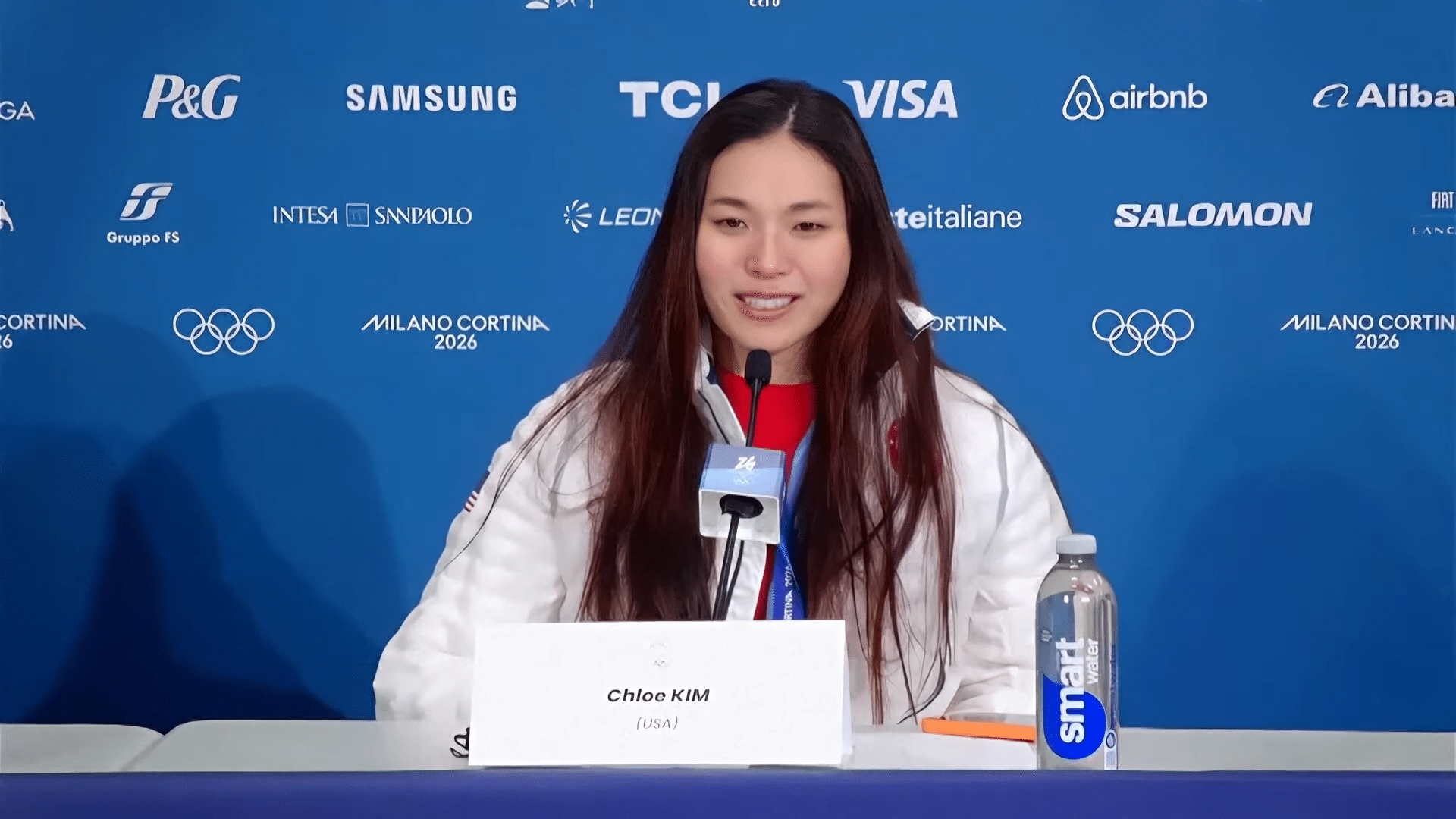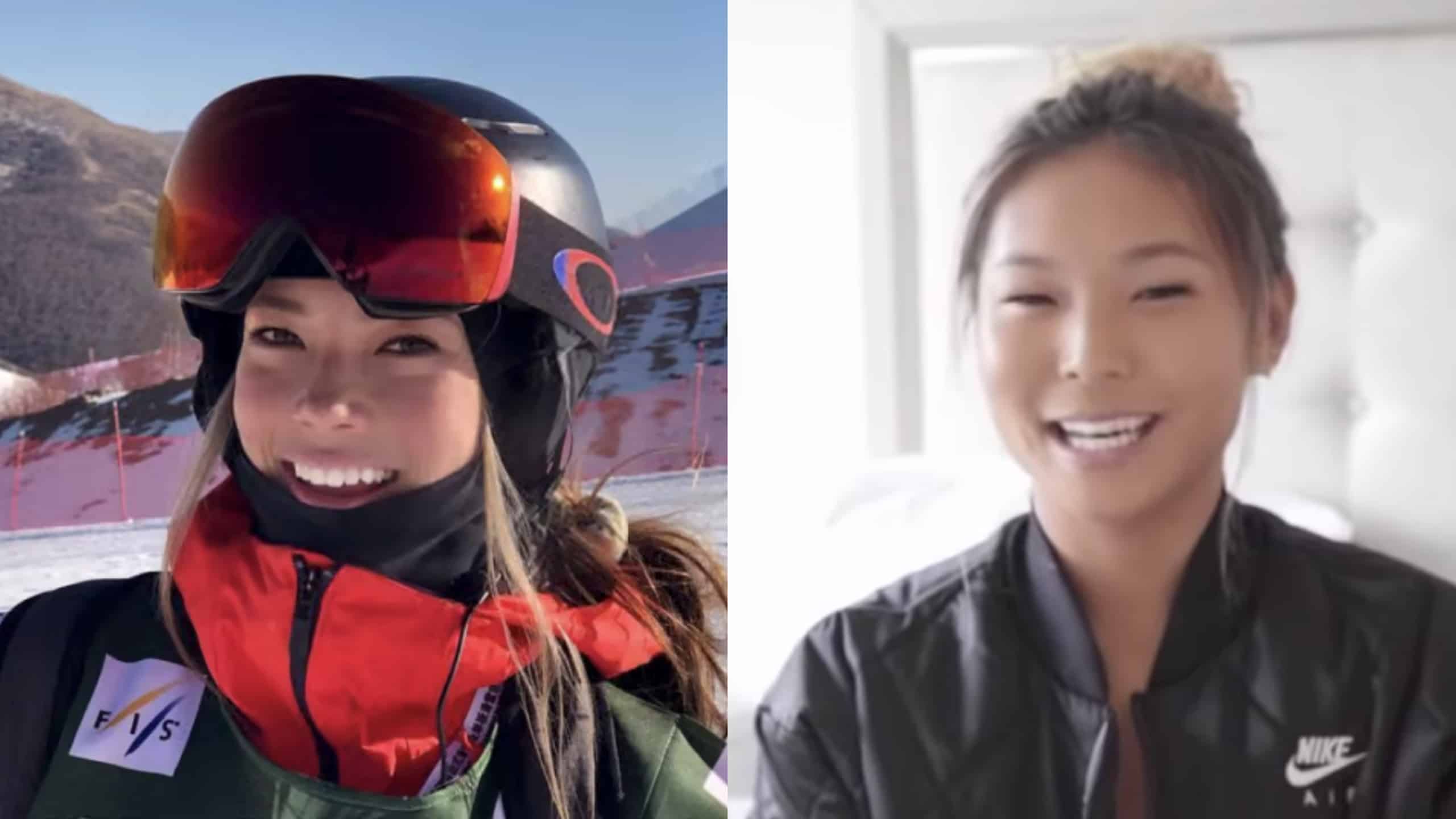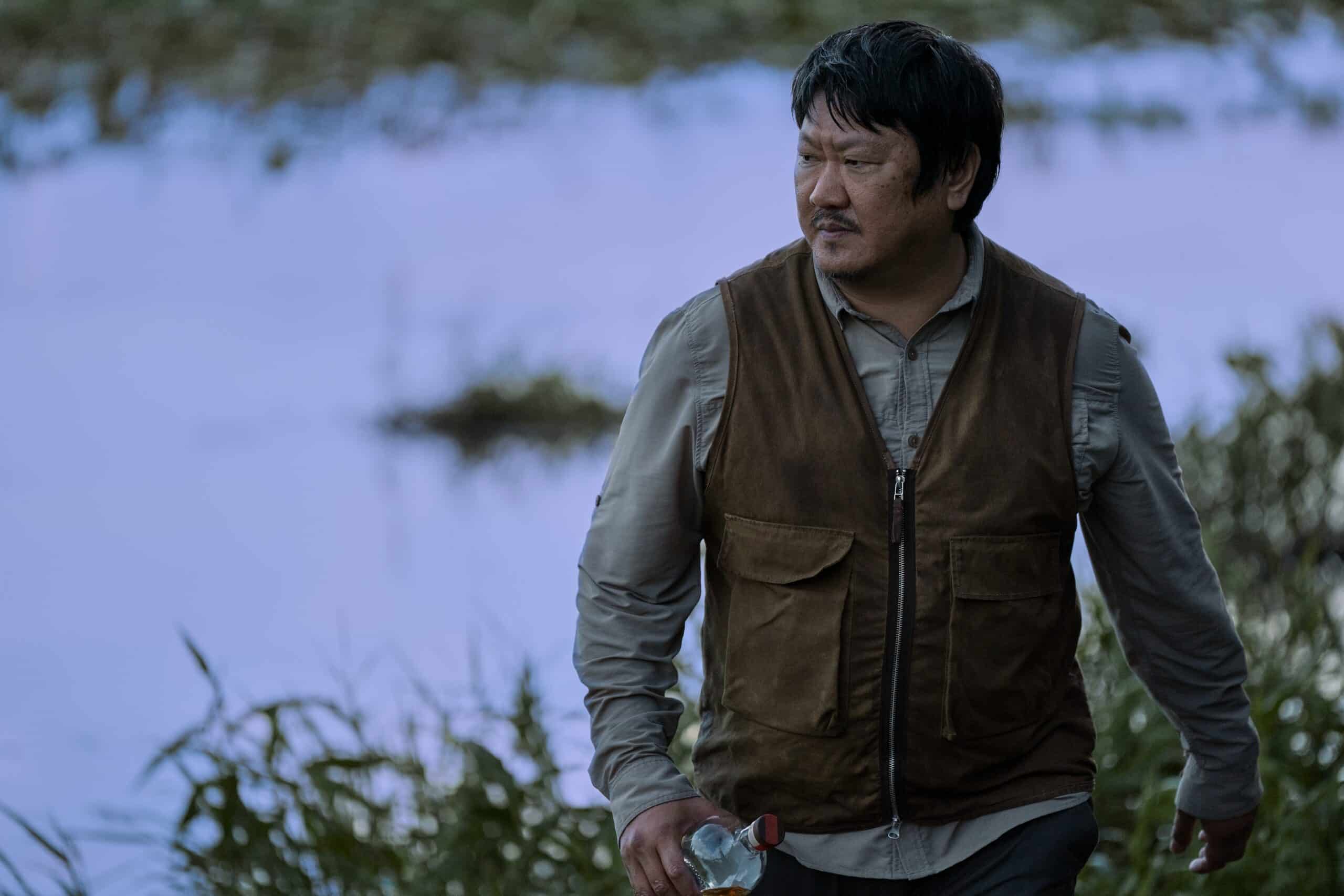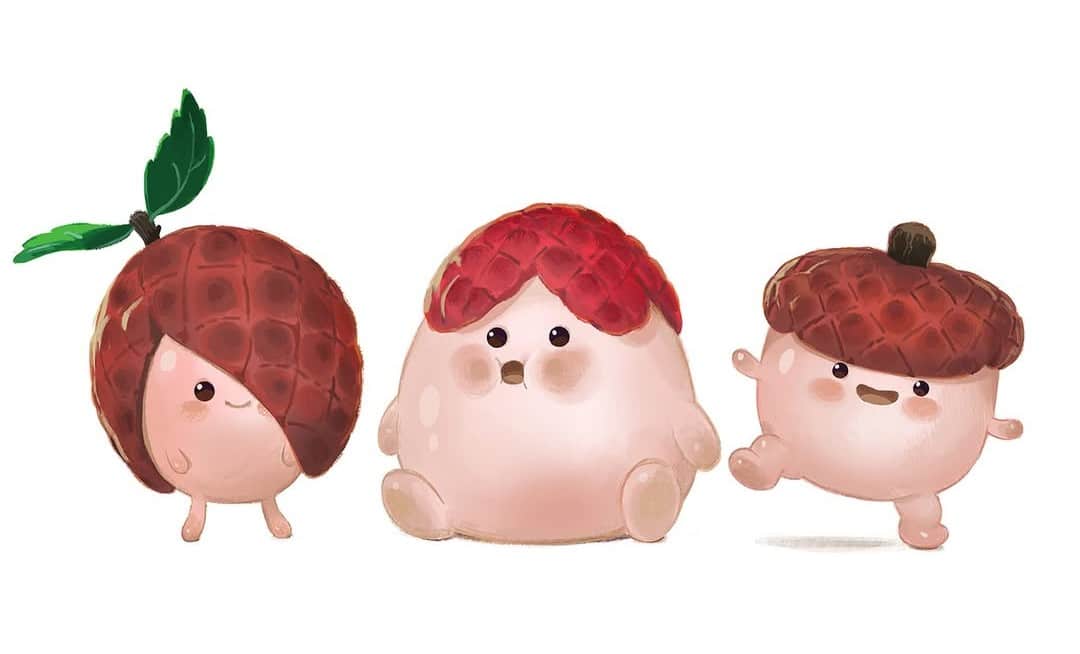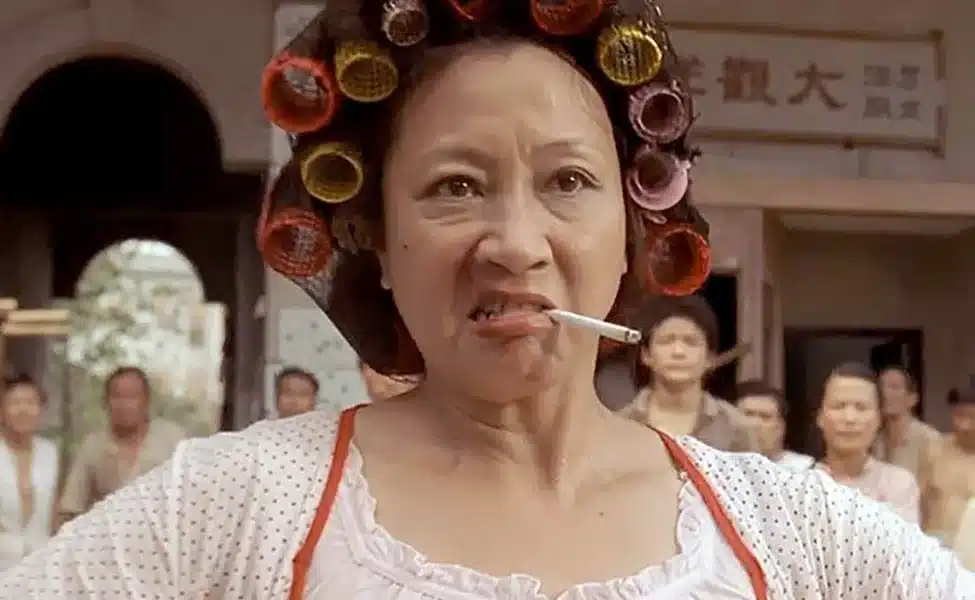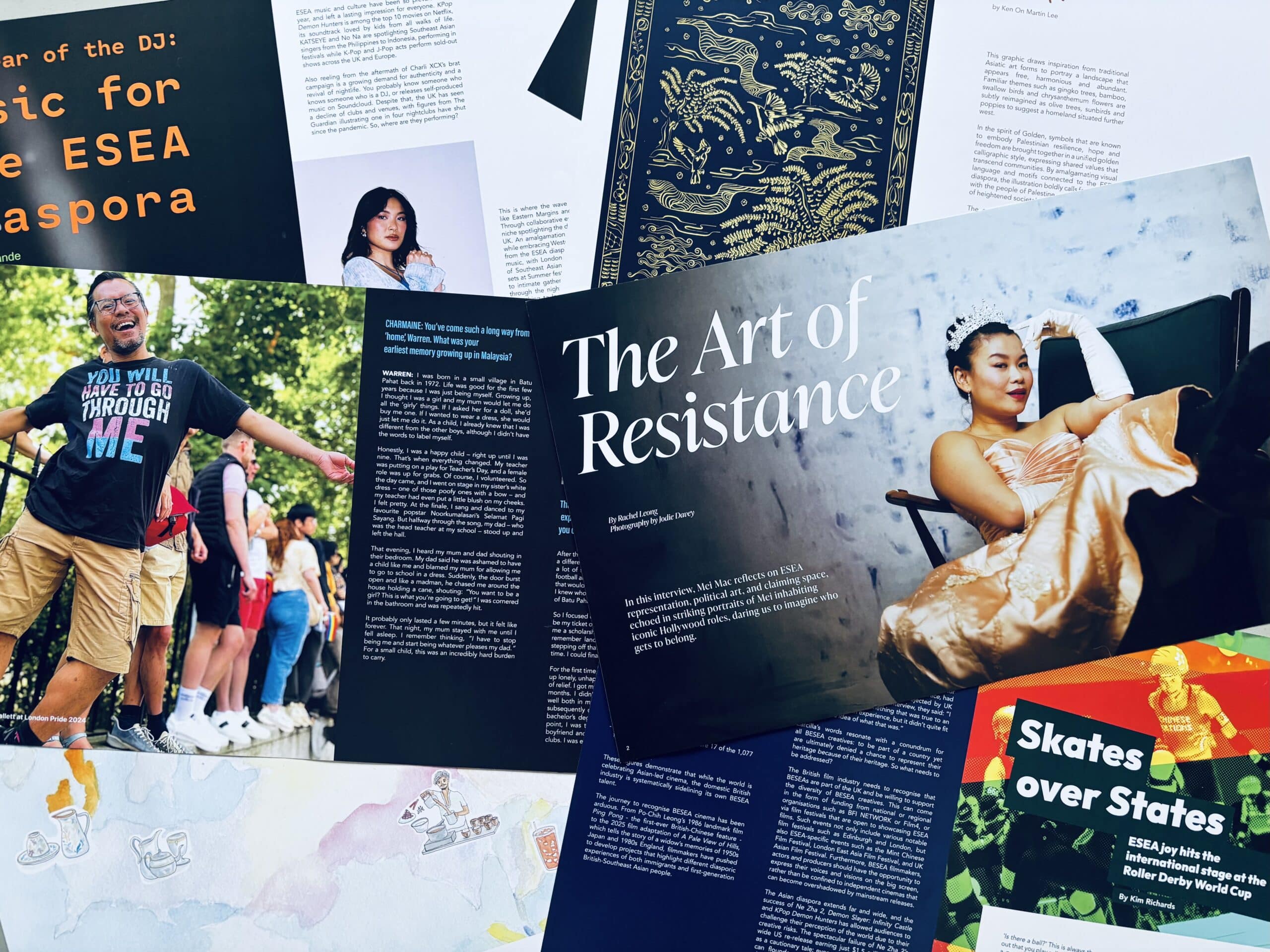Hong Kong-born Quentin Lee is one of the industry’s funniest and most provocative filmmakers to have flown under the radar. The LGBTQ+ BIPOC creator moved to Montreal at the age of 17 with his family and pursued his love for film since.
Lee’s work is commended for putting the spotlight on the LGBTQ+ community and his fearless ambitions have landed him in hot water, including a ban from Japanese authorities for showing his penis on screen. His career eventually earned him a US green card as an Alien of Extraordinary Ability… But this alien’s extraordinary ability to receive a penis-related ban is a more impressive accolade by our book!
Read more: Quentin Lee’s ‘Laugh Proud’ Gets Release Date and Hilarious Trailer
Keen to learn more about the boundary-pushing filmmaker, Resonate had a chat with Lee to discuss his film projects, his drive, and his penis.
That Penis Episode
After graduating, I applied to UCLA Film School again, and I knew I got really close to getting in but still didn’t. So I opted to pick up a camcorder in the summer of 1992 and made an experimental short film called To Ride a Cow, which won the Hong Kong Independent Video Awards, juried by Hong Kong filmmaker Tsui Hak, and the Best Student Film at the New England Film Festival. The same film also got banned en route to the Tokyo Lesbian & Gay Film Festival as it was held by Japanese authorities at Fedex because of a nudity shot of my penis.
Somehow that got publicized and the queer film festival circuit film festival started branding me as “enfant terrible of queer cinema.” And during all that, I was doing my MA in English at Yale University while going to film festivals and academic conferences that year.
After Yale, I finally got into UCLA Film School in 1993, came out to LA and made a bunch of short films at UCLA that I stitched into a feature called Flow which world premiered in 1995 at the Vancouver International Film Festival. Flow is now streaming on Tubi in North America or you can buy it on AppleTV worldwide.
When I was a teenager, I read an interview with Brian DePalma and it was DePalma that I was trying to emulate as a filmmaker, but I became a totally different filmmaker!
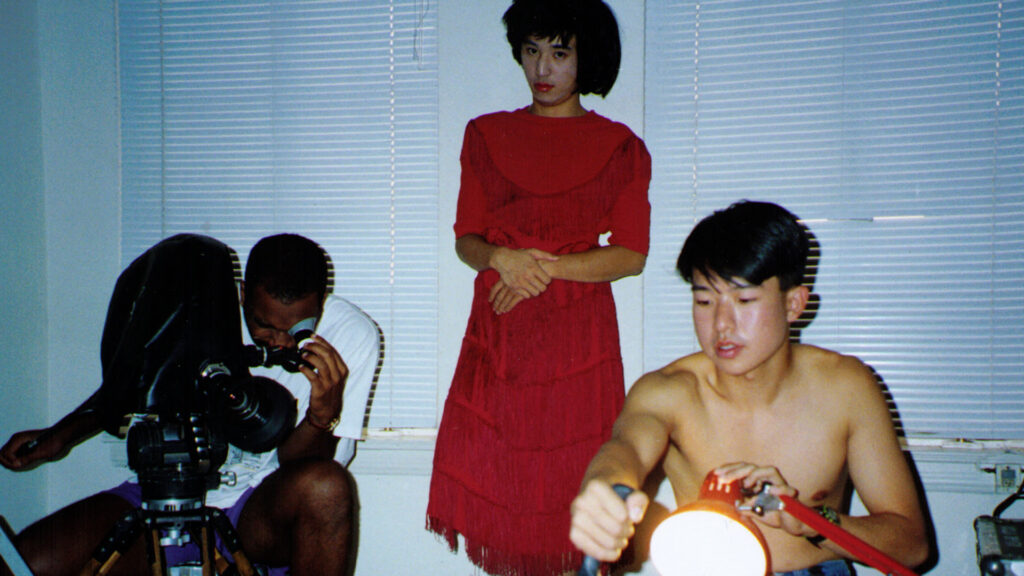
Asians and Sexuality
If you think the global Asian community is conservative and traditional now, it was even more when I started to make films in early 1990s. I’ve always been on the cutting edge of Asian culture and I have now really settled into being the “aging enfant terrible” of queer and Asian cinema. When I started, there were just a very handful of queer and Asian filmmakers like Richard Fung from Canada, Ming Yuen S. Ma from Los Angeles, Ellen Pau and Yao Ching from Hong Kong. I’m friends or have worked with most of them.
My parents have been used to me shocking them since I was a child and while I’m not trans one of my early strategy was using drag as resistance. So I went to my only graduation that I’ve ever attended at Berkeley in drag to surprise my parents in 1992. They took it pretty well I think.
I started out in film school in the mid 1990s where you could not even consider pitching a feature film with an Asian or LGBTQ+ protagonist to the studios. So I had to start out in independent film. I’ve always longed for the day where I can make a mainstream feature or TV show with Asian or LGBQ+ or queer and Asian and Indigenous protagonists. And that day is now… and I’m happy I’m still in the game and i’ll be making more things. I’m proud to say that I’m in my third decade of my filmmaking career yet I still feel like I’m just starting out!
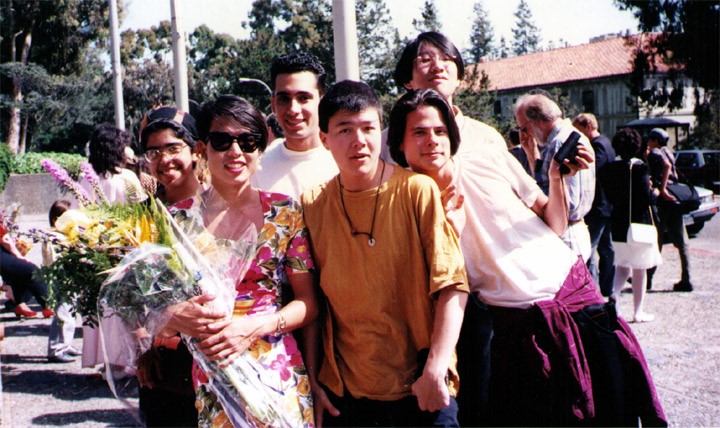
‘Laugh Proud’ and Nazis
The goal of Laugh Proud was to create a fun and entertaining stand-up comedy feature film with an all diverse LGBTQ+ comics cast. A few years ago, I made Brash Boys Club, the first queer male stand-up comedy feature with Comedy Dynamics and I wanted to do something even broader and more inclusive with comics in the LGBTQ+ spectrum.
The Nazi introduction was my contribution to the movie as a filmmaker as I couldn’t perform stand-up myself. I feel it is important for the audience to understand the cinematic history, the history of how LGBTQ+ people were persecuted, and how the symbol of the pink triangle originated. It was used as a mark by the Nazis to label LGBTQ+ people in camps. Later, the queer movement adopted the symbol of the pink triangle as a symbol of empowerment and solidarity which then evolved into the rainbow flag in the mid-90s and now we have the more inclusive rainbow flag.
It also documented Leni Riefenstahl’s Venice-winning feature Triumph of the Will which previewed the rise of the Nazis in cinematic history. Frank Capra later used her footage in the propaganda American short film series Why We Fight to explain why the US had to join the Second World War. It’s all a slice of cinematic history that people nowadays don’t seem to remember… and I feel it’s important to open Laugh Proud with that to show how the current LGBTQ+ identity has evolved in a fun and parodic way.
Other than Jason Stuart and 7G who were comics I had wanted to cast from the start… I cast everyone else through open Zoom meetings. I feel the acts are all well-received and different people like different acts… and that’s exactly how diversity should work. Laugh Proud has a bit of queer stand-up comedy for everyone.
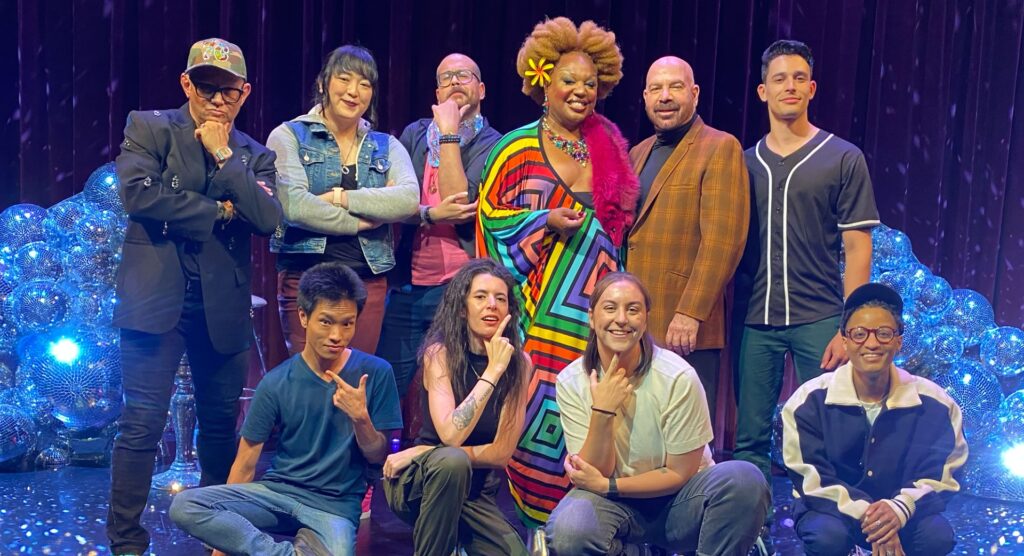
‘Kit DeZolt Story’ and the Pandemic
Kit and I met during the pandemic in 2021 and when he first told me he was an adopted from Hong Kong to white parents in America I immediately knew there was a compelling story there. In 2022, I produced a multiple award-winning short film / PSA from Wieden & Kennedy called

